Nicolas Vinogradov-Wouters has a promising career in finance ahead of him after moving to London a year and a half ago.
But looking at the handsome 26-year-old from Tayport you would never know the health challenges he has overcome to achieve what he has today.
When he was a teenager he was diagnosed with cancer twice.
And he went on to successfully beat the disease – after having surgery, gruelling chemotherapy and proton beam therapy treatment in America.
“I was 15 when I was first diagnosed and it came as a bit of a shock,” Nicolas says.
“As a young person you just go along with it and roll with the punches.
“My mum took the lead on everything though as I just didn’t want to hear what was happening to me.
“But when the cancer came back again in my spine I really didn’t think I was going to make it.”
After treatment, Nicolas went on to graduate with a first class honours degree in economics and finance from Strathclyde University.
And since then, he has embarked on a career in finance in London.
Yet his battle with the disease has had a profound impact on him.
Now the former Dundee High pupils wants to help ‘give back’ so he has been involved in helping Cancer Research UK for Children and Young People.
He is also keen to share his story during Teenage and Young Adult Cancer Awareness Month this April – to give hope and support to other young people battling the disease.
What symptoms did the Tayport teenager have?
In 2014 Nicolas had been living in Xiamen, China, with his twin brother Alex and older sister Darya.
Their parents Professor Patricia Wouters and Professor Sergei Vinogradov were teaching law there.
It was while he was at school that he first started having symptoms.
“I had issues with my eyesight and thought the prescription for my glasses needed changed,” he explains.
“There were times when my vision would just go and I would have no feeling in one of my arms.
“I also had migraines.
“But I had my eyes checked and they were fine.
“So then they did an MRI and that’s when they found the tumour.
“But they didn’t know what type it was.
“It was going to be too hard to have treatment in China because we didn’t speak any Mandarin so we came back to Scotland.”
Nicolas returned so further investigations could be carried out at Ninewells Hospital in Dundee.
Tayport teenager diagnosed with brain cancer
He rapidly developed crippling headaches caused by hydrocephalus, a build up of fluid on the brain.
Further scans and a biopsy were carried out at Ninewells.
But the biopsy was unsuccessful due to the tumour’s location.
So Nicolas’ mum, who was an international lawyer, stopped working and began researching her son’s condition.
She found a specialist paediatric neurosurgeon in Liverpool – Conor Mallucci – a world leader in paediatric tumour surgery at Alder Hey Hospital.
“My mum just emailed him and he told her to bring me down to Liverpool.”
At Alder Hey Nicolas had surgery to drain the fluid.
A sample of the tumour was taken to be tested.
In February 2015, Nicolas was diagnosed with a non germinomatous germ cell tumour in his brain.
A germ cell tumour is a type of cancer that develops from germ cells, which are the cells that produce sperm or eggs.
What treatment did Nicolas have?
After discovering the tumour was cancerous, Nicolas had chemotherapy and radiotherapy before surgery to remove it.
He explains: “It came as a shock but to be honest I just let my mum take the lead on everything.
“At first I didn’t want to hear about the treatment plan.
“I’d just sit in the hospital room and try not to listen to what was being said. My mum took it all on herself – she was brilliant.”
Nicolas had chemotherapy treatment over a few months at the Royal Infirmary in Edinburgh.
Then in June 2015, he returned to hospital in Liverpool where he had 12 hours of brain surgery to remove the tumour.
This was followed by two months at a clinic in Jacksonville, Florida where he had a new treatment – proton beam therapy.
It is a type of radiotherapy which uses protons rather than high energy x-rays to kill cancer cells. It spares nearby healthy cells.
This means fewer potentially life-changing side effects for young people whose brains are still developing.
Today it is available on the NHS for treating certain types of cancer.
Blow for Tayport teenager as cancer returns
By autumn 2015, Nicolas was well enough to start secondary school at the High School of Dundee.
But just two months later he was dealt a hammer blow when a scan showed cancer had returned.
This time it was in Nicolas’ spine.
“Being told the cancer was back felt hard to accept as I truly believed I was better,” he says.
“But this time I didn’t think I was going to make it through to be honest.”
Nicolas became among the first people in the UK to undergo a chemotherapy treatment plan known as the GEMPox protocol.
It uses a combination of three chemotherapy drugs to treat germ cell tumours.
The treatment was pioneered by Dr Jonathan Finlay from the University of California, Los Angeles.
It meant he spent his 18th birthday in an isolation ward in hospital in Edinburgh.
Nicolas says: “My mum found this doctor in America doing the GEMPox protocol.
“And she asked my doctors to speak to him about doing this treatment.
“I was the first one in the UK to do this treatment which ultimately saved my life.”
After the pioneering chemotherapy treatment, Nicolas went on to have radiotherapy.
Family support
Nicolas feels incredibly lucky to have had had such a supportive family who were there for him.
“They all did so much – my twin brother and my dad helped me a lot.
“It must have been really hard for Alex growing up with a brother who was so unwell.
“My mum did the most though and I just feel so incredibly lucky to have her.
“I think having such a good support group which helped me get through it.
“I will be forever grateful to them.”
Looking ahead to the future
Today Nicolas continues to have regular scans but for the past eight years he has been cancer free.
And he feels passionate about giving back to Cancer Research UK.
He is a member of the charity’s Children & Young People Insights Panel, providing his views and experiences of cancer as a teen to help shape the direction of the charity’s work.
His experience has changed his outlook on life.
“I don’t know what the future holds but I now try to make the most of every day,” he says.
“I just want to find a bit more peace in life, do things that make me happy as well as giving back so I can make a difference to help others.”
He adds: “Going through this makes you realise how precious life is and you don’t really want to waste it.”

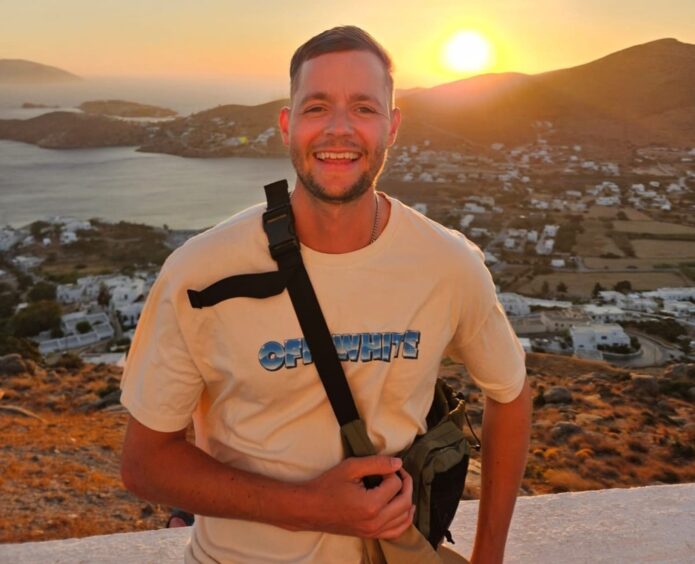
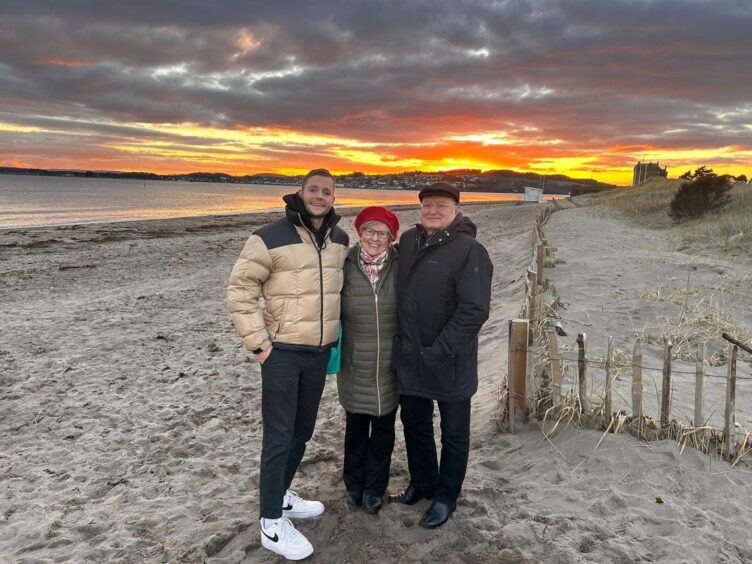
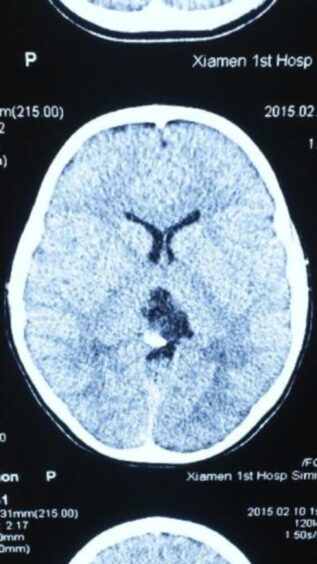
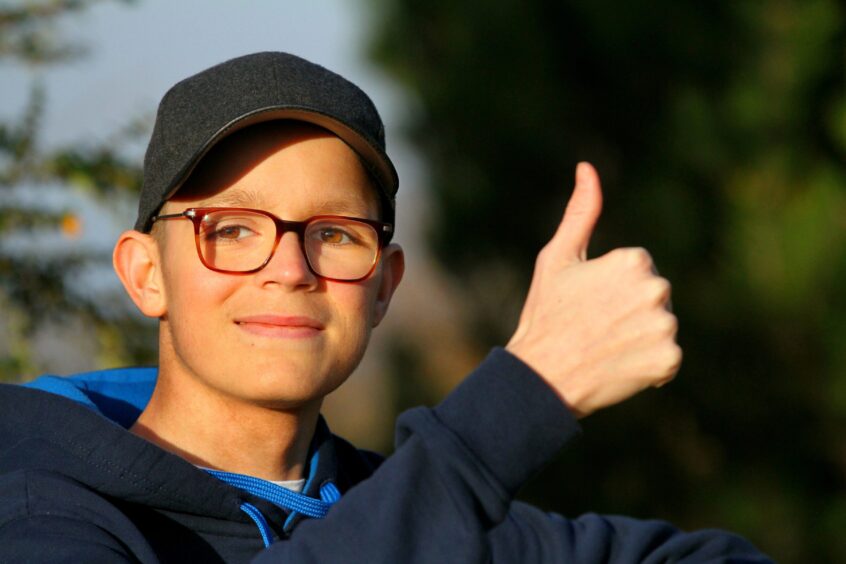
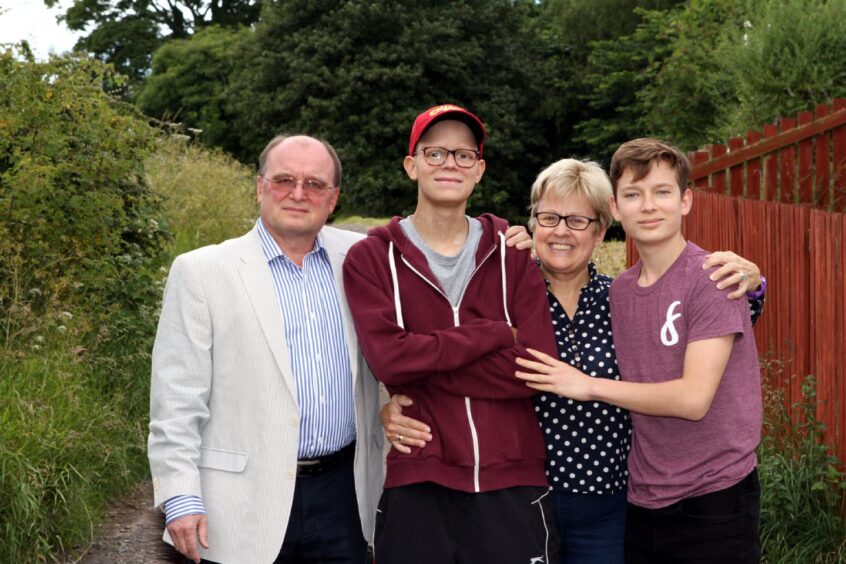
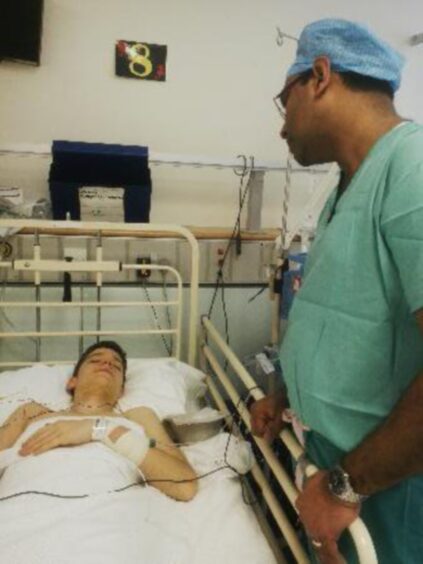

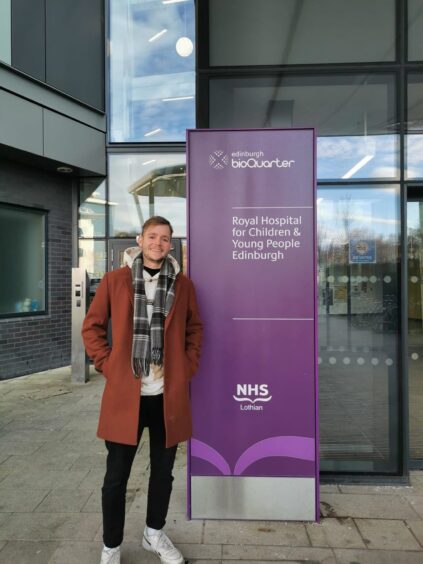

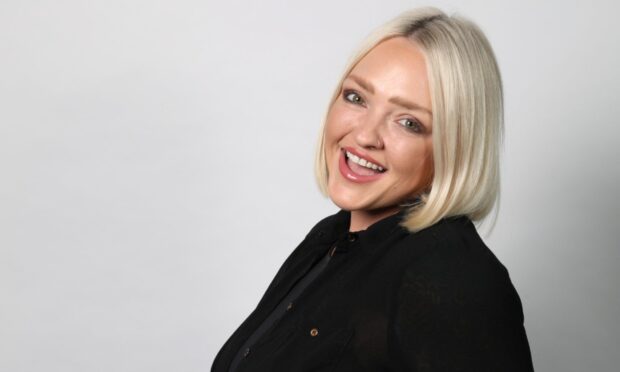








Conversation